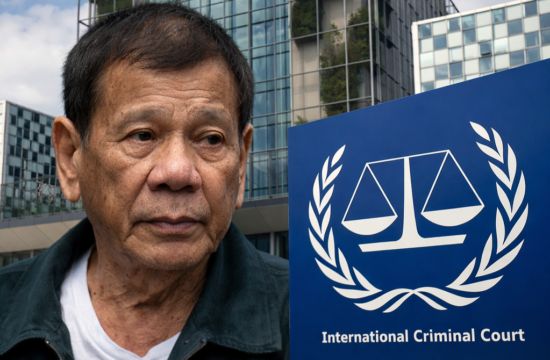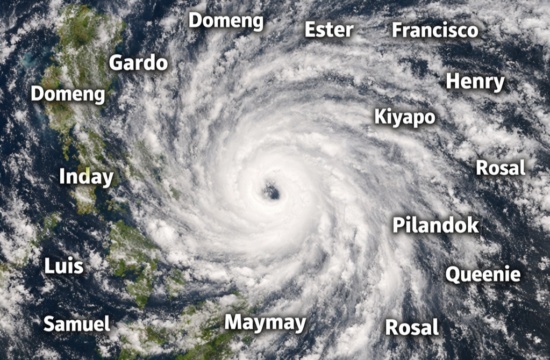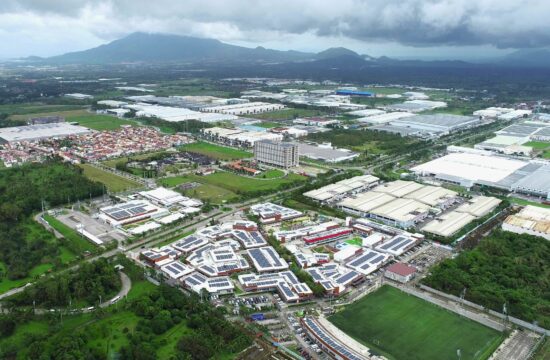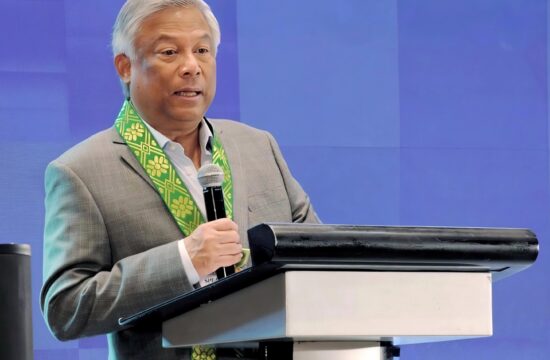The Philippines has joined 67 jurisdictions—including 10 in Asia—in committing to the Organisation for Economic Co-operation and Development’s (OECD) Crypto-Asset Reporting Framework (CARF) by 2027 or 2028, marking a major step toward regulating digital assets and curbing tax evasion linked to cross-border crypto flows.
The Department of Finance (DOF) made the commitment during the 8th Asia Initiative Meeting held in Malé, Maldives last month, where DOF Undersecretary Charlito Martin Mendoza of the Revenue Operations Group announced the country’s adoption timeline. The gathering was co-chaired by Maldives Inland Revenue Authority Commissioner Hassan Zareer and Armenia’s State Revenue Committee Chairman Eduard Hakobyan.
CARF establishes a standardized system for the automatic exchange of information on crypto-asset transactions among tax authorities. The framework aims to strengthen tax compliance amid the accelerating use of digital assets in global financial systems.
“We need faster and stronger systems for collaboration if we are to beat tax evasion and illicit transactions. This is a timely commitment as digital currency becomes one of the preferred means for transactions,” said Finance Secretary Ralph Recto. “The government must ensure that crypto-asset users are paying their fair share of taxes and that no illicit financial activity goes unpunished.”
The Philippines’ CARF commitment is part of a broader reform agenda under President Ferdinand Marcos Jr., which emphasizes transparent and modernized tax administration to enhance fiscal sustainability.
In addition to CARF, the DOF shared progress on implementing the Convention on Mutual Administrative Assistance in Tax Matters (MAAC), a multilateral pact facilitating cooperation among signatory countries in tax collection and enforcement. Philippine officials also reported ongoing reforms to improve the country’s capacity for exchange of information on request (EOIR), efforts to align with the Common Reporting Standards (CRS), and preparations for the Enhanced Monitoring Process under the Asia Initiative.
The Maldives meeting also marked the launch of the 2025 Tax Transparency in Asia Report, which tracks regional efforts to implement international tax transparency standards. The Philippines became a member of the Asia Initiative in 2023.
Globally, these standards have contributed to at least €24 billion in additional revenues from 2009 through 2024, including €1.9 billion identified this year alone via EOIR and Automatic Exchange of Financial Account Information (AEOI).
By joining the CARF bloc, the Philippines is taking a definitive step toward aligning with global norms in digital asset regulation and tax transparency—areas increasingly central to safeguarding national revenues in the era of decentralized finance.











